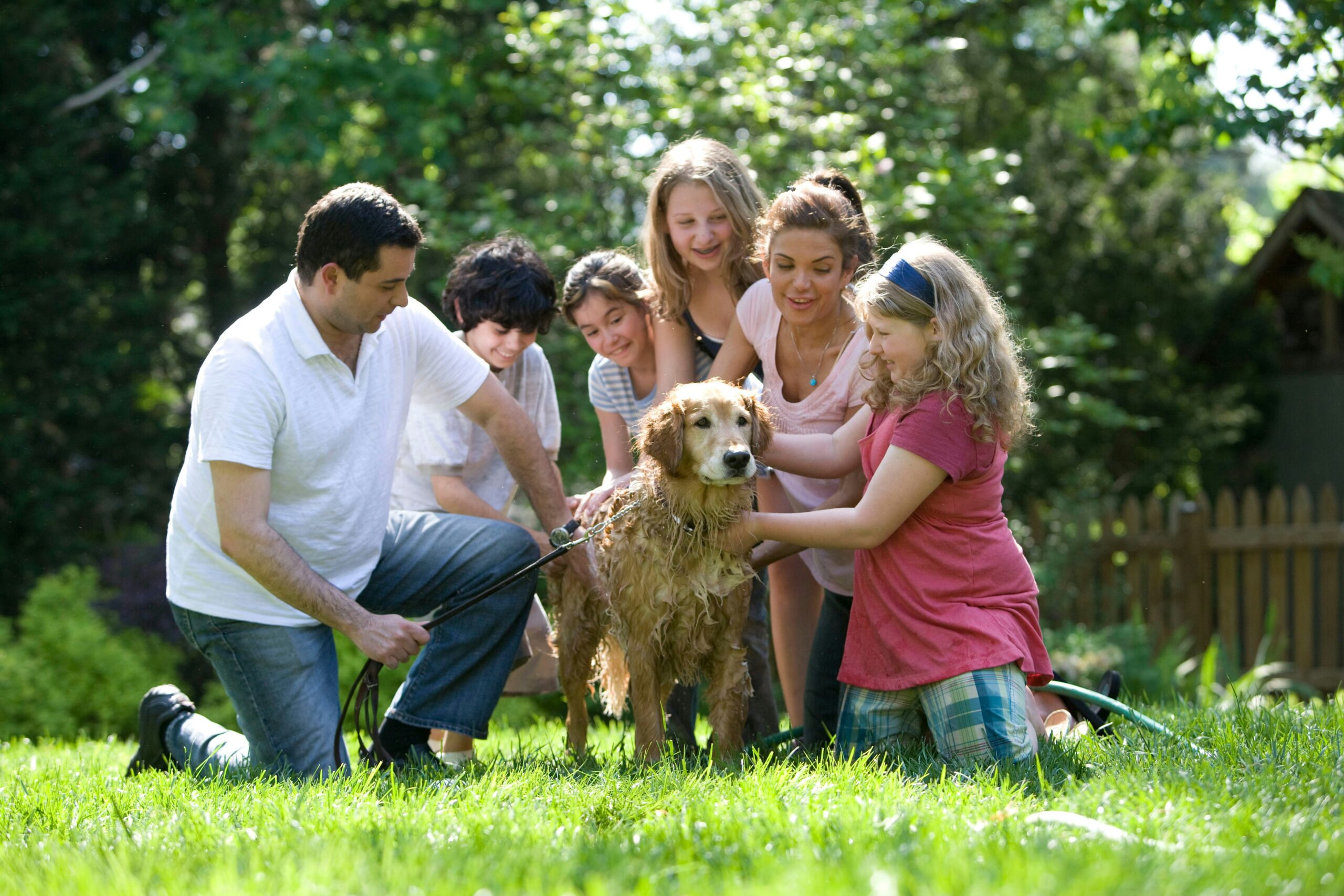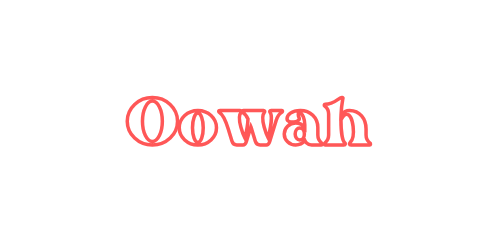
Japanese Family Terms
Learn How to Address Family Members in Japanese
Understanding how to refer to family members in Japanese is essential for learning the language and understanding Japanese culture. Unlike English, Japanese has formal and informal terms depending on the speaker’s perspective and level of politeness. If you’re living in Australia and learning Japanese, this guide will help you use the right words when talking about your own family or someone else’s family.
Basic Japanese Family Terms
Here are the common words for family members:
| English | Talking About Your Family | Talking About Someone Else’s Family |
|---|---|---|
| Father | 父 (ちち, chichi) | お父さん (おとうさん, otousan) |
| Mother | 母 (はは, haha) | お母さん (おかあさん, okaasan) |
| Older Brother | 兄 (あに, ani) | お兄さん (おにいさん, oniisan) |
| Older Sister | 姉 (あね, ane) | お姉さん (おねえさん, oneesan) |
| Younger Brother | 弟 (おとうと, otouto) | 弟さん (おとうとさん, otouto-san) |
| Younger Sister | 妹 (いもうと, imouto) | 妹さん (いもうとさん, imouto-san) |
| Grandfather | 祖父 (そふ, sofu) | おじいさん (ojiisan) |
| Grandmother | 祖母 (そぼ, sobo) | おばあさん (obaasan) |
| Uncle | 叔父/伯父 (おじ, oji) | おじさん (ojisan) |
| Aunt | 叔母/伯母 (おば, oba) | おばさん (obasan) |
💡 Tip: When talking about your own family, use the plain form. When talking about someone else’s family, use the polite form with “お” or “ご” to show respect.
How to Use Family Terms in Conversation
In Japanese culture, it is common to address family members with titles instead of names, especially in traditional households. Here are some common ways to use these terms in daily conversation:
- 父は会社員です。 (Chichi wa kaishain desu.) → “My father is a company employee.”
- お母さん、お元気ですか? (Okaasan, ogenki desu ka?) → “How is your mother?”
- お兄さんは何をしていますか? (Oniisan wa nani o shiteimasu ka?) → “What does your older brother do?”
Family Titles in Different Contexts
Talking to Your Own Family
In casual situations, many Japanese people call their family members using the polite form instead of their names:
- “お母さん (Okaasan)” instead of their mother’s real name
- “お父さん (Otousan)” instead of their father’s real name
Referring to Someone Else’s Family
When speaking about another person’s family, always use the polite version:
- お父さんはお元気ですか? (Otousan wa ogenki desu ka?) → “How is your father?”
- ご家族は何人ですか? (Gokazoku wa nannin desu ka?) → “How many people are in your family?”
Using Family Terms Outside the Family
In Japan, people sometimes use family terms to address older people as a sign of respect:
- おじいさん (Ojiisan) → Used to refer to an elderly man
- おばあさん (Obaasan) → Used to refer to an elderly woman
- お兄さん (Oniisan) → Sometimes used to address a young man politely
- お姉さん (Oneesan) → Sometimes used to address a young woman politely
Conclusion
Mastering Japanese family terms is a great way to improve your language skills and understand Japanese culture. Whether you are in Australia or anywhere in the world, using the correct terms when talking about family members shows respect and helps build strong relationships.
Keep practicing, and soon you’ll be using these terms naturally in conversation!

